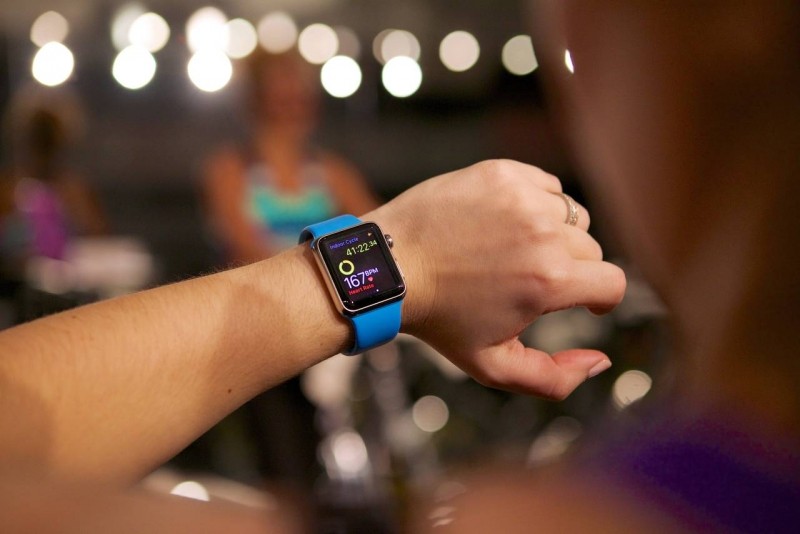A handful of tech journalists have been playing with the Apple Watch over the past week or so and today, their reviews hit the web. The general consensus is that it is the best smartwatch to date but considering the competition, that's not very telling. Here's a general rundown of what reviewers liked and disliked about Apple's inaugural wearable.
The New York Times:
What's more, unlike previous breakthrough Apple products, the Watch's software requires a learning curve that may deter some people. There's a good chance it will not work perfectly for most consumers right out of the box, because it is best after you fiddle with various software settings to personalize use. Indeed, to a degree unusual for a new Apple device, the Watch is not suited for tech novices.
Re/Code:
Apple has used a combination of techniques to try to stretch battery life. One is the black screen. Another is a lack of manual control over brightness: Your watch display is either at 50 percent, where I kept it, or 100 percent. There's an ambient light sensor that dynamically adjusts the brightness of the display to your environment. And finally, the iPhone is still handling most of the app load.
When your watch does die, recharging takes a long time --- around two and a half hours to get the watch to 100 percent.
The Verge:
There's no question that the Apple Watch is the most capable smartwatch available today. It is one of the most ambitious products I've ever seen; it wants to do and change so much about how we interact with technology. But that ambition robs it of focus: it can do tiny bits of everything, instead of a few things extraordinarily well. For all of its technological marvel, the Apple Watch is still a smartwatch, and it's not clear that anyone's yet figured out what smartwatches are actually for.
CNET:
The step-up steel and gold models have potentially more damage-resistant sapphire crystals, but it's hard to judge right now whether the Ion-X strengthened glass on the Sport model will perform.
I'm not even going to engage the Edition in this discussion: that gold watch is not for you. Pick the entry-level aluminum or the stainless-steel version, and don't spend up for a super-expensive band unless you have money to burn. I'd probably buy the most affordable model I could. Apple's bands are well crafted, but they're priced steeply. I'd wait and see what third-party bands pop up that could cost far less: those will help transform a Sport watch into something that looks more high-end.
The Wall Street Journal:
People who can identify it immediately ask if I like it, and if they should buy one.
I've told most: No.
"Wait, what?" you ask. "I thought you liked this thing!" I do. But every time I gaze down to admire it, I start seeing how the next one will look better. You could say the same about many fashion objects, but watches should be timeless (ironically). Unlike the Cartier I got for college graduation, the original Apple Watch's beauty will soon fade. Unless you opt for the cheapest $350 sport version, you should really wait for the future.
Bloomberg:
The watch is not life-changing. It is, however, excellent. Apple will sell millions of these devices, and many people will love and obsess over them. It is a wonderful component of a big ecosystem that the company has carefully built over many years. It is more seamless and simple than any of its counterparts in the marketplace. It is, without question, the best smartwatch in the world.
So Apple has succeeded in its first big task with its watch. It made something that lives up to the company's reputation as an innovator and raised the bar for a whole new class of devices. Its second task---making me feel that I need this thing on my wrist every day---well, I'm not quite sure it's there yet. It's still another screen, another distraction, another way to disconnect, as much as it is the opposite. The Apple Watch is cool, it's beautiful, it's powerful, and it's easy to use. But it's not essential. Not yet.
